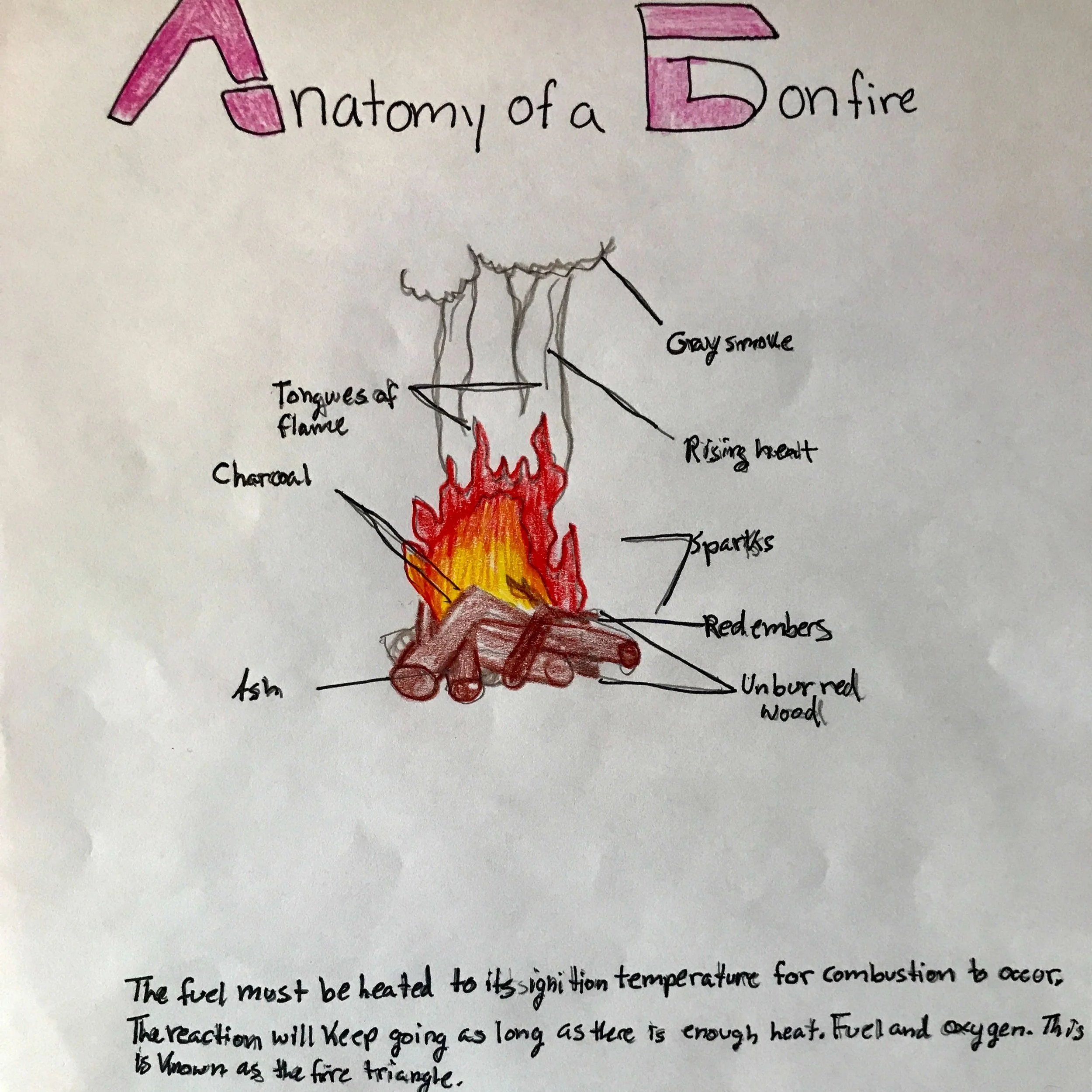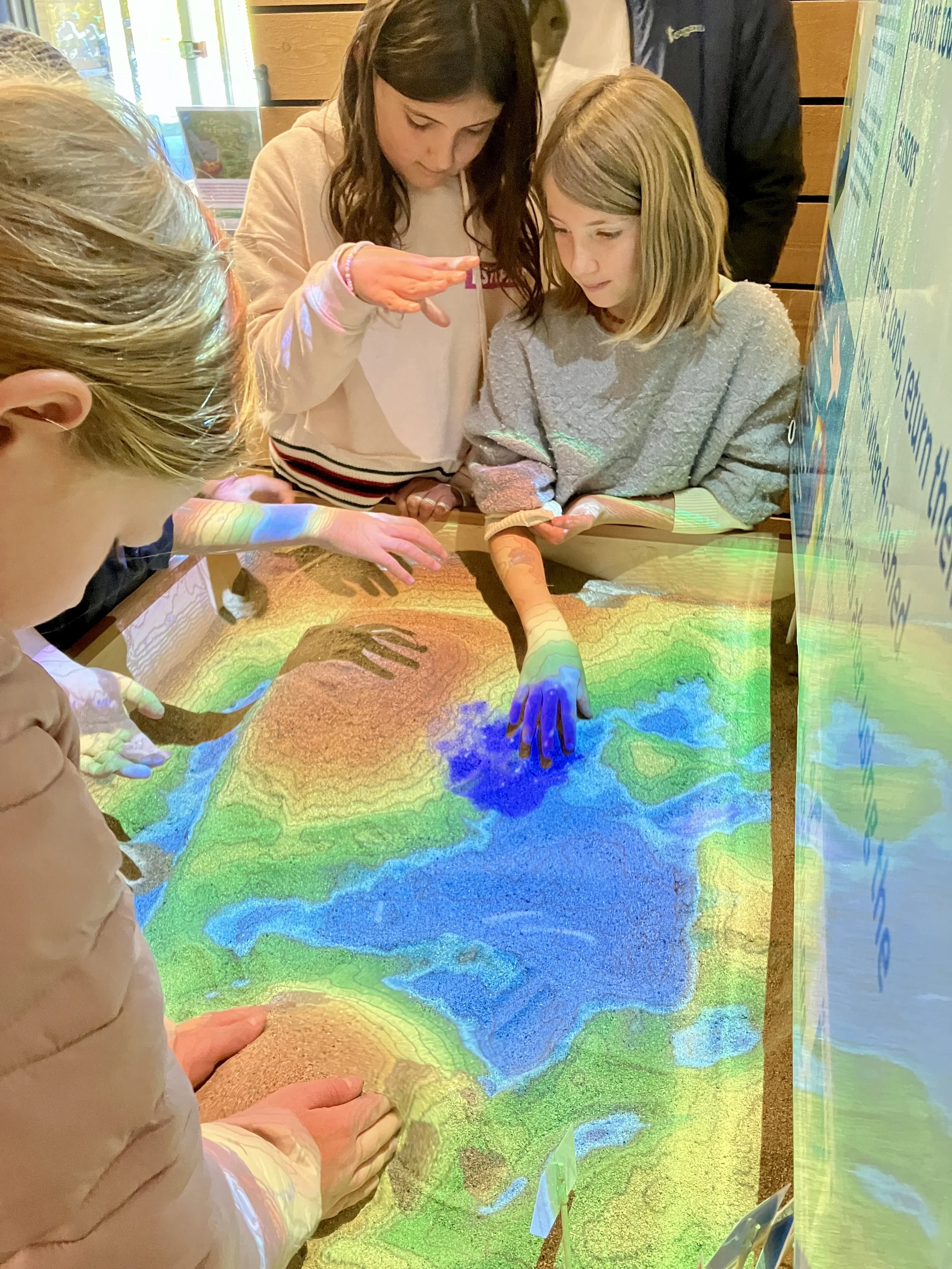Education for the Future of STEM
Let’s be honest: the world is changing so fast it’s truly hard to keep up. The world of STEM, (Science, Technology, Engineering and Mathematics) is the edge of human innovation and where it will go next is yet to be determined by humans, many of whom haven’t even been born yet.
However, when a human today does Google search of: ‘Skills needed to succeed in STEM’
The AI Overview results as of February 10th 2025 reads: “To succeed in STEM fields, key skills include: problem-solving, critical thinking, creativity, analytical skills, collaboration, communication, adaptability, curiosity, technical proficiency, and a strong foundation in mathematics and science; essentially, the ability to approach challenges with a logical and innovative mindset, analyze data effectively, work well with others, and stay updated with evolving technologies.” We encourage you to search today, whatever day you land here and see if the answer has changed in anyway and then consider:
If you are hoping to prepare your child for a future career in STEM, what investments do you need to make today?
Your child will spend thousands of hours at school from PreSchool through 8th grade. The human capacities nurtured during Early Childhood, the Early Grades and Middle School education have a profound, life-changing impact on every human being’s longterm success, life and impact on the world of the future. Countless components of Waldorf curriculum directly nurture problem solving, collaboration, adaptability, creativity, critical thinking and the innovation humans will need to solve the problems of the future.
Today (2/10/25), Google shows these as the human ‘skills’ needed to succeed in STEM:
How does Waldorf Education Prepare Students for STEM?
Waldorf Education sees every child as a scientist, an artist, a musician and our curriculum directly builds the human capacities necessary to push the boundaries of human innovation. To succeed in STEM, humans will need to be deeply curious and willing to take on hard challenges. Take, Zac Milby, (WSRF ‘03), he’s currently pursuing a five year PhD program in Planetary Science at CalTech. He holds a degree in Astrophysics from CU Boulder and worked as a professional research assistant on MAVEN, a NASA mission to Mars for two years. What’s been the key to his success in STEM? “You just have to be curious enough. I am just curious and I LOVE ASTRONOMY.”
Zac said his appreciation for artistry and beauty are also two things he takes from his time at WSRF. Though he did not consider himself to be an excellent visual artist in his WSRF days, he developed a “keen artistic eye” that he uses everyday, both personally and professionally. He cultivated one of his greatest joys, music, at WSRF and continues to enjoy music to this day.
Sarah Gillis, a graduate of the Shining Mountain Waldorf School showed the power of art and science while hosting the first global symphony steaming event that reached space! Gillis, Senior Space Operations Engineer for SpaceX on the recent Polaris mission put her integrated musical skills to global good while launching her campaign to raise support for music education back on Earth. Her music selection, fittingly, was a piece from the film, Star Wars: The Force Awakens. (Watch the video to the left!). Music seems like a fun edition to curriculum but the truth is, in Waldorf Education, we know that music directly builds hand-eye-coordination, spacial awareness, collaboration and creativity that all support a career such as being a Space Engineer. Not to mention, a space engineer who can combine music and art with technology to change the world.
Waldorf Education teaches science in a truly immersive, experiential, hands on way that allows students to make scientific discoveries for themselves, ask questions and collaboratively solve problems during experiments. Our students hand-write a descriptions of procedure in the experiment, including their materials, they make and write observations before coming to a conclusion through group discussion and considerations. The impact is building the human capacities necessary to work on the cutting edge of science, technology, engineering and all human innovations, now and into the future. As Erik Phillips, (WSRF ‘10) who is currently a Software Engineering Manager for CoreOS Software Updates at Apple said:
“A major topic in Waldorf Education is the separation of technology from the classroom and young children’s lives. I think this is of vital importance in the world we live in today. Some may say that this separation means that Waldorf students are bad at technology or will not be able to succeed in a modern world. I argue that this is not the case: a Waldorf Education teaches children to be curious about the whole world around them and this includes technology when the time comes. A Waldorf Education encourages all children to explore and learn in a hands-on style through classes such as Handwork, music, class plays, presentations and projects. Instead of media consumption, we used our imagination to play and invent, which stimulated my curiosity in engineering and led to my study of computer science.”
Waldorf Education sparks life-long curiosity and a love of learning that directly helps our graduates succeed in STEM. With job titles ranging from STEM Education Specialist at CU Science Discover to Sr. Staff Systems Design/Architecture Engineer at Tesla Motors, Waldorf Graduates can be found in every career path, including truly soaring in the world of STEM.






